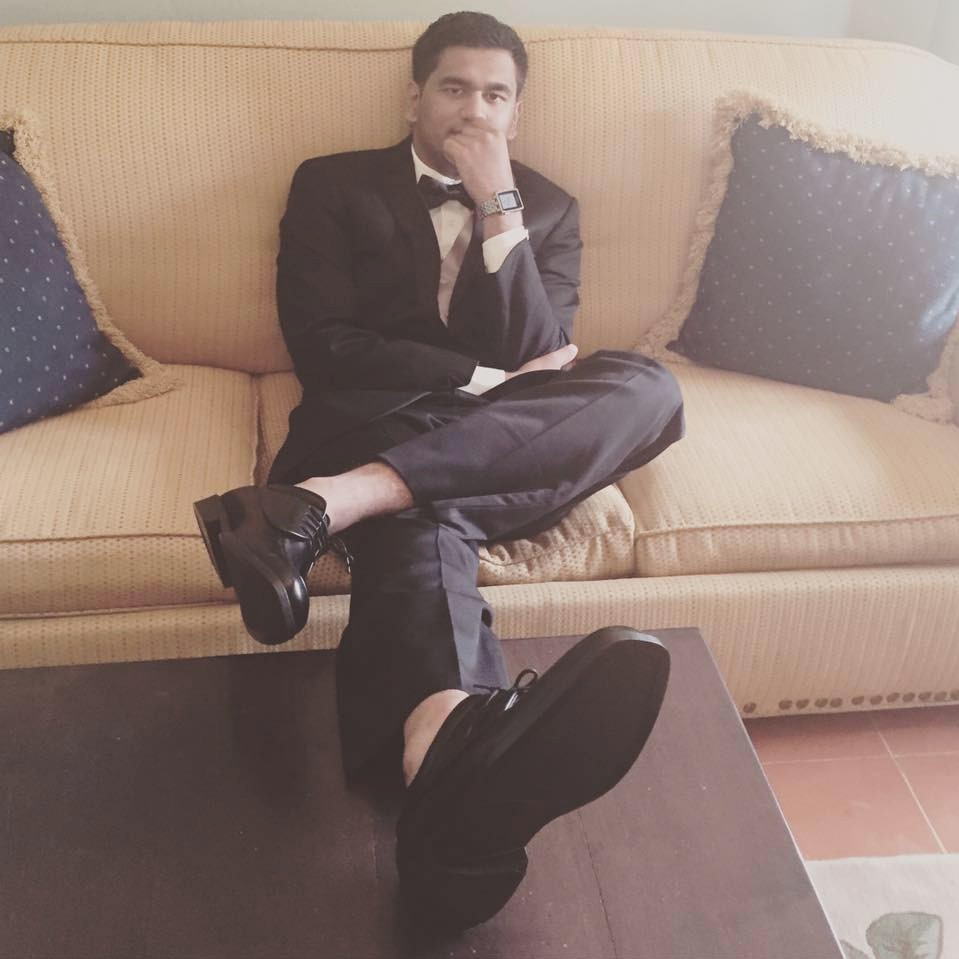Remember the good old days when you could say something on the internet without your boss, your mom, and your ex-boyfriend’s new girlfriend commenting on and reacting to it? Remember those forums and chat rooms where you could pick some random username and express your opinions without anyone making you pay for it later? Sachet Gagwani, the founder of the new Covert.ly app may actually be too young to remember much about the pre-Facebook days. But during the 2016 presidential election cycle, he watched enough friends and family members fight about expressed political views to make him long for those long lost days.
Let’s be honest, lots of people say a lot of inflammatory things they might regret later online. And I’m not just talking about our President’s Twitter account. I think we’ve all done it at some point. When I see young people doing it, I often think how glad I am that I didn’t have have a device in my pocket with which I could photograph, upload, and document every adolescent epiphany and teen angst moment. These days so many more things go on one’s permanent digital record than were ever recorded at school in the good old days. That weekend bender you went on with your friends, the one where you ended up passing out in a less than flattering fashion on the side of a pool and your “friends” tagged you in all kinds of embarrassing photos the next day? A future or current employer might see that now. Or the recruiter from the college you want to go to. Or that boyfriend or girlfriend of your dreams who you will meet next year and try to pretend you weren’t such a drunken slob the year before.
Yeah, I’ll admit that sometimes all of this makes me yearn for the early days of internet anonymity when you could make up a name, go into a chat room and no one would ever find out your true identity.
So what did Sachet do about all this? He created a new app that gives you a completely anonymous Twitter-like feed. Complete anonymity, you might ask? Well, as close as anyone gets to it anymore. Yes, you do have an IP address, and the app does use location to help you find other relevant feeds. For instance, you can say you want to see all of the posts within a 5-mile radius of your home. Then you know you are interacting with people in your local area, but unless any of them identifies themselves in some way, you don’t know exactly who. This is great for college campuses where people want to find out what’s happening tonight, or where the best place to get a late night sub sandwich is.
My next immediate thought after food recommendations was about the way Twitter was used for organizing protests during the Arab Spring. In countries where expressing your political views and trying to organize protests can literally land you in jail or worse, the anonymous aspect of this app has the potential to be used for a great deal of good.
I logged onto Covert.ly myself to see what I could see. Of course, given the nature of the app, I expected some amount of random swearing and senseless sexual propositioning, all of which was present. But once I tried narrowing down the location function, I saw a lot of other things going on as well. I saw people asking for and receiving recommendations for restaurants, music venues, places to study or meet up with friends, and even some chats about local bands. Of course, there were political threads and a number of chats about celebrities. At this point, the app is still relatively new, with around 100k active users, so there is still plenty of time to see how things progress and grow as the usership grows. If you are interested in giving Covert.ly a try yourself, you can download it from the iTunes store. Go try it out and let me know what you think in the comments. I’m curious what uses people will find for this app.


